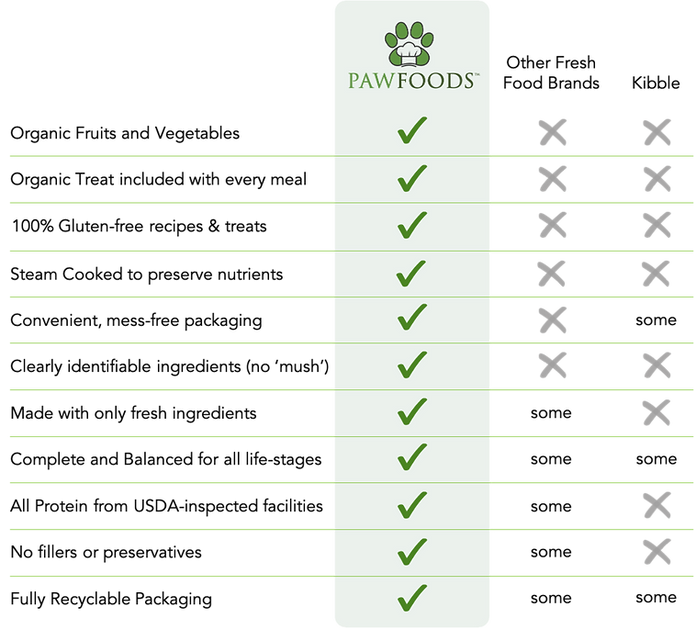
The Havanese (a bichon-type canine) is Cuba's national dog. It is a descendant of the extinct Blanquito De la Habana, and the Bichon Tenerife. They are great companions and can do a variety of tasks, such as retrieving and guarding and working.
Are you a good companion dog?
The Havanese, a small and lively dog, thrives on an active lifestyle. Although they are small and short, the Havanese is intelligent and easily trained. They enjoy playing with other dogs and going on walks. They excel at agility courses and make excellent watchdogs.
The Havanese is an excellent companion dog. They are very friendly and love spending time with their owners. They also love tricks like jumping through the hula-hoop, rolling over and climbing onto balance beams. Even though they require constant grooming, their companionship and love are worth it.
Legg-Calve-Perthes
Legg-Calve Perthes is a degenerative hip disease that affects the hip region of the Havanese. The disease can lead arthritis, lameness and muscle atrophy. Operation is possible. The severity and location will determine the treatment. In mild cases, pain medications and medical therapy can control symptoms. This disease is more likely in overweight dogs.

Legg-Calve Perthes disease can be inherited. It causes the head of the femur to degenerate due to an inadequate blood supply. In severe cases the knee cap can become detached, causing pain and limited mobility. The condition usually starts in childhood. It's more common in white children.
Health issues
Havanese dog breeds have particular health requirements. Your veterinarian will determine the vaccinations that your pet requires. The vaccines can be given as soon as your pet is 6 weeks old. It is possible to test your dog for genetic diseases or other health problems. You can also get preventative care products such as flea or tick medication from your vet. These medications are generally based upon weight and are applied to your dog's skin.
Another common issue for the Havanese is joint and bone problems. Chondrodysplasia can result in uneven growth and possibly even limping. Legg Calve-Perthes can also cause arthritis and joint pain. Havanese could also suffer from patellar deformity, which is an elbow joint slippage. Havanese might also experience liver shunt. This is a condition that causes toxic chemicals to build up inside the heart.
Care
Heart failure is the leading cause for death for Havanese dog in their golden years. Therefore, it is crucial to check your pet's heart frequently. Heart problems in dogs can be caused by a weakening one of the valves. This causes blood pressure to rise around the valve and can cause blood loss. Heart murmurs can indicate that your pet may have heart valve disease. A basic test can be performed by a veterinarian to rule other serious conditions like heart disease and irregular heartbeat. A veterinarian can recommend treatment options for your dog's individual needs.
Havanese need to be looked after their eyes. This will ensure that they are healthy and happy. Eye care for Havanese can help prevent vision loss and relieve discomfort. There are many eye problems that can affect dogs, including chronic pain and corneal ulcers. There are many options available for treatment.
Grooming

There are some important factors to consider when Habanese grooming. The length of the coat should be considered first. The Havanese are known for their long, silky coat. It consists of an undercoat that is short and an outer coat that is long. The outer coat can be straight or curled and can also be wavy. It can also be any color.
Daily grooming is necessary for a Havanese coat. It needs to be brushed or sprayed with a fine mist sprayer. The coat should not be wet but dry. The outer layer of the dog's coat should not be touched.
FAQ
Is it appropriate for children to own a pet at what age?
Children under five years old shouldn't have a pet. Young children shouldn't have pets other than cats and dogs.
Pet owners often end up with their children being bitten. This is especially true with small dogs.
Also, some breeds of dogs (such as pit bulls) can be extremely aggressive towards other animals.
Although a dog may seem friendly, that doesn't necessarily mean that it won't attack an animal.
If you decide to get a dog, make sure it is properly trained. Ensure that your child is always supervised when playing with the dog.
Three things you should think about before getting a cat.
These are the questions to ask before you buy a cat.
-
Is the cat suffering from any health problems?
-
Will the cat eat all my food, or will he?
-
Do I want a cat because I love cats, or do I just want a pet?
How long should a pet dog stay inside?
Dogs are naturally curious. They need to have an outlet for this curiosity. They could become destructive if there are no outlets. This can cause damage to property and injuries to people.
Dogs should always be kept on a leash when outside. The leash prevents them from running wild and allows them to safely explore their environment.
If you keep your dog inside all day, he will become bored and restless. He will be more interested in chewing furniture than other objects. His nails will grow too long, and he could develop health issues as well.
This will help you avoid any negative consequences. Go for a stroll around the neighbourhood, take him on a car ride, or take him to the dog park.
This will make him feel more energetic and provide him with something to do.
What are the signs that my dog could be sick?
Many symptoms can indicate that your dog may be sick. You may notice the following symptoms:
-
Vomiting
-
Diarrhea
-
Lethargy
-
Fever
-
Weight loss
-
A decreased appetite
-
Coughing
-
Difficulty with breathing
-
Bleeding from behind the nose
-
You can find blood in your stool and urine
These are just a few examples. Your vet will know what to look out for.
Which breed is easier to train, cats or dogs?
Both. It depends on how they are trained.
They will learn quicker if you reward them for following the instructions. However, if you ignore them and don't listen to them, they'll begin to ignore you.
There is no right or bad answer. You have to decide what the best way is to teach your cat/dog.
What is the best pet?
The best pet? One you love. There is no right or wrong answer. Everyone has their own opinion as to which pet is the best.
Some people believe that cats can be more loving than dogs. Others argue that dogs are more loyal to their owners and more affectionate. Others still believe that birds are the best choice for a pet.
However, no matter what pet you choose to have, you need to decide which pet is best for you.
If you are friendly and outgoing, a dog might be the right choice. If you're shy and reserved, a cat would suit your needs best.
Consider the size of your house or apartment. If your apartment is small, you'll need to have a smaller pet. You'll need more space if you have a larger home.
Last but not least, pets require a lot of attention. They should be fed on a regular basis. They should be taken on walks. They need to be brushed, and cleaned.
These are the things that will help you choose the right pet for you.
Statistics
- In fact, according to ASPCA, first-year expenses can sum up to nearly $2,000. (petplay.com)
- Monthly costs are for a one-year-old female mixed-breed dog and an under one-year-old male domestic shorthair cat, respectively, in excellent health residing in Texas, with a $500 annual deductible, $5,000 annual benefit limit, and 90% reimbursement rate. (usnews.com)
- Pet insurance helps pay for your pet's medical care, with many policies covering up to 90 percent of your vet bills. (money.com)
- It's among a relatively few companies that provide policies with a full (100%) coverage option, meaning you are not responsible for any co-payment of bills. (money.com)
- A 5% affiliation discount may apply to individuals who belong to select military, law enforcement, and service animal training organizations that have a relationship with Nationwide. (usnews.com)
External Links
How To
How to train your pet dog
A pet dog provides companionship and emotional support to its owner. It may protect its owner from predators and animals.
Dog owners should train their pet to be able to retrieve items, guard against intruders and obey orders.
The typical training period lasts from six months to two and a half years. The dog's basic obedience skills are taught by the owner, such as how to sit and lie down, get up when called, come when called, walk on commands, and roll over. The owner also trains the dog to obey simple verbal commands and learns how to handle the dog's natural instincts.
Apart from teaching the basic behaviors to the dog, the owner should teach it to not bite other animals or people and to be respectful of strangers.